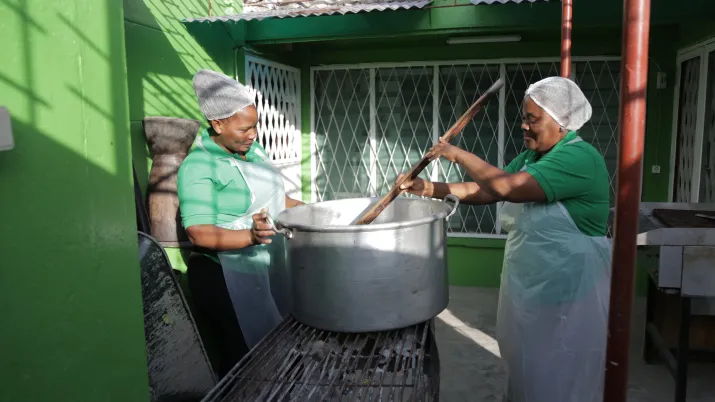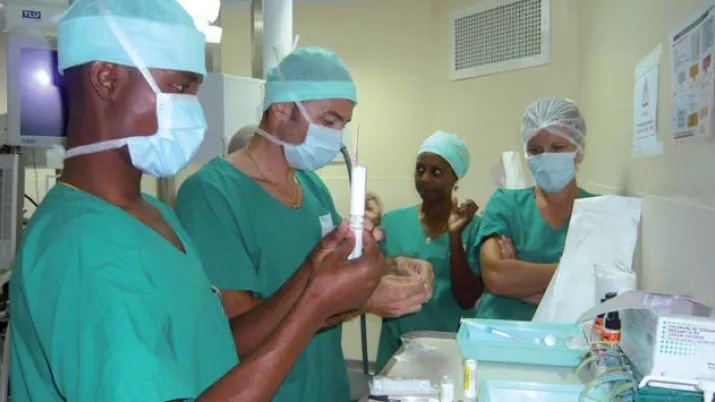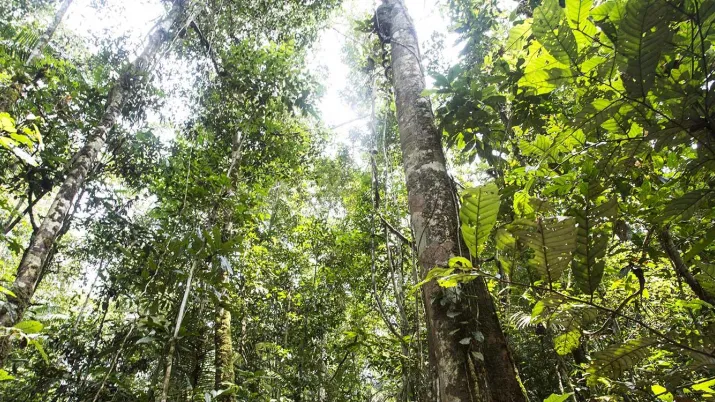Share the page
Participation to the pool fund of Education Sector Support Fund
Project


-
Project start date
-
Status
Ongoing
-
Project end date
-
-
Project duration
-
3 years
-
AFD financing amount
-
6 000 000 €
-
Country and region
-
Location
-
Maputo
-
Type of financing
-
Beneficiaries
-
Republic of Mozambique
-
Type of beneficiary
-
State
AFD join efforts to support the implementation of the Education Sector Plan (ESP) 2020-2029 via a financial and technical participation to the pool fund Education Sector Support Fund (ESSF).
Context
The Education Sector in Mozambique is financed with both internal and external resources. Internal resources are mobilized domestically through taxes, tariffs, duties, and internal credits. External resources applied to General Education fit into two categories: (i) “FASE contributions”, which is funding from development partners to the multi-donor Common Fund for Education “FASE” (Fundo de Apoio ao Sector de Educação) and (ii) “Bilateral Project Funds”, which are all other grants and credits from partners not channeled through FASE. FASE resources are categorized as external investments. However, they are managed by MINEDH (The Ministry of Education and Human Development) using national procedures.
FASE, the most long-standing education pool fund in the African continent, was created in 2002 to harmonize the external funding. In 2009, it became the most important support mechanism for the sector and contributes directly to MINEDH’s investment budget, with an annual average budget of $ 100M. In 2021, FASE funds represented 88% of sector’s total budget.
Today, 9 donors contribute to this fund: Canada, Ireland, Finland, European Union Delegation in Mozambique, USAID, The World Bank, UNICEF, Portugal, and France (thought AFD). To this adds the funding from the Global Partnership for Education (GPE), the WB acting as the Grant Agent (GA).
Description
AFD has already contributed up to 10 million euros to support the implementation of ESP of the years 2020, 2021 and 2022. This second contribution from AFD to FASE will support the implementation by MINEDH of the Annual Activities Plans of the years 2023, 2024 and 2025.
The 2020-2029 ESP is structured into 6 programs (Pre-school education, Primary education, Secondary education, Adult education, Teacher education & training, Administrative and institutional development). Each program must meet the three main objectives of the ESP, which are:
- Ensure inclusion and equity in access, participation and retention;
- Ensure the quality of learning;
- Ensure transparent, participatory, efficient and effective governance.
AFD grant will also finance the recruitment of technical assistance that will aim to strengthen sector dialogue and FASE management. This reinforced dialogue with the Ministry will reinforce AFD's visibility as a key partner in education sector.
Impacts
The expected impacts of the implementation of the project are as follows:
- ensure inclusion and equity in access, participation and retention;
- ensuring the quality of learning;
- ensure transparent, participatory, efficient and effective governance.
In the same region



On the same topic
On the same financial tool






